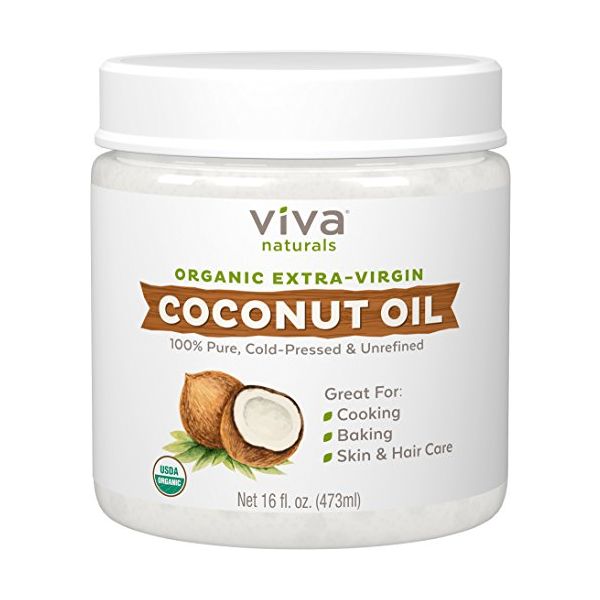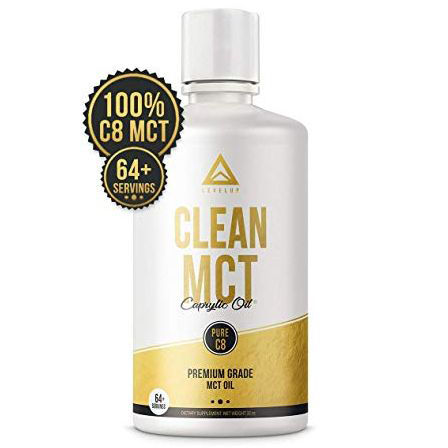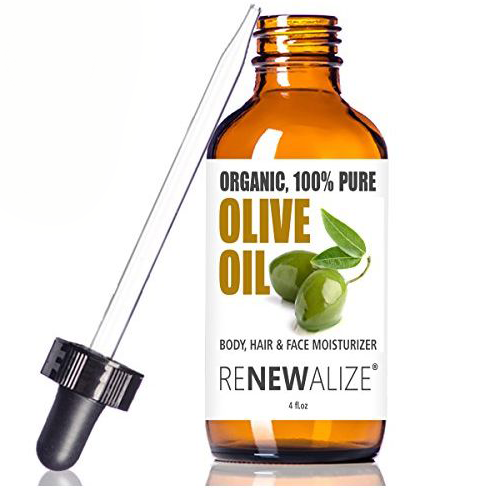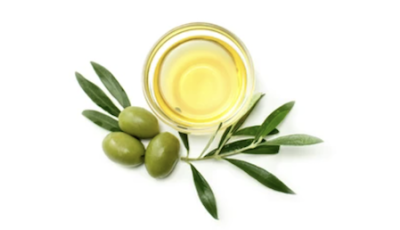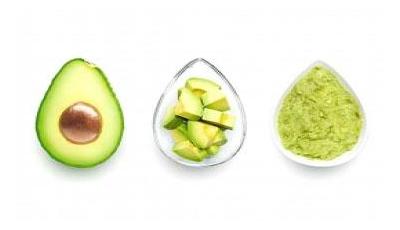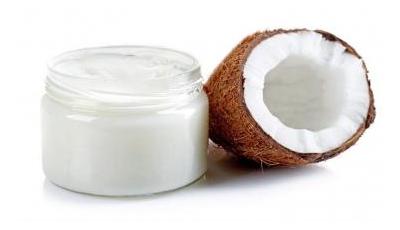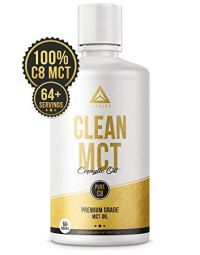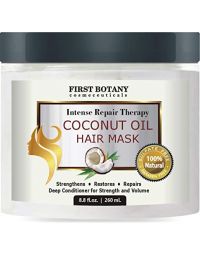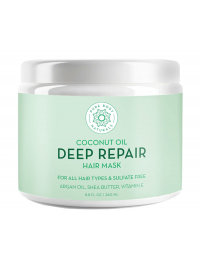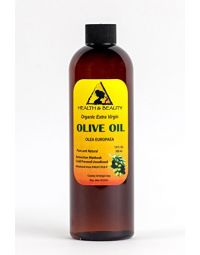Not all vegetable oils are the same. Oils sourced from different plants contain different chemical makeups, with varying health benefits. Here is a look at three healthy, widely-used oils and which are better for different purposes.
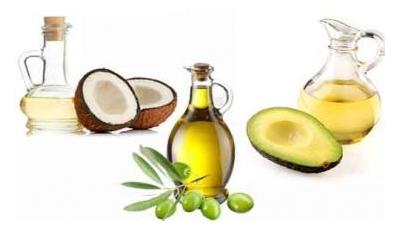
”Studies are showing therapeutic benefits of these plant oils according to their anti-inflammatory and antioxidant effects on the skin." (NIH.gov)

What is the Difference Between Coconut, Avocado & Olive Oils?
The obvious difference between coconut oil, olive oil, and avocado oil is the plant which each is distilled from. Beyond that, each is different from the others in the molecular compounds they contain. The composition of saturated and unsaturated fats varies in each, as do the specific types of fat molecules.
This table shows a basic overview of each type of oil:1-3
| Coconut Oil | Olive Oil | Avocado Oil |
Saturated Fat | 82.5% | 13.8% | 11.6% |
Monounsaturated Fat | 6.3% | 73.0% | 70.6% |
Polyunsaturated Fat | 1.7% | 10.5% | 13.5% |
Calories in one tablespoon | 121 | 119 | 124 |
Trace Nutrients | Negligible | Vitamin E Vitamin K | Negligible |
Smoke point | 347°F/175°C | 380°F/193°C | 480°F/249°C |
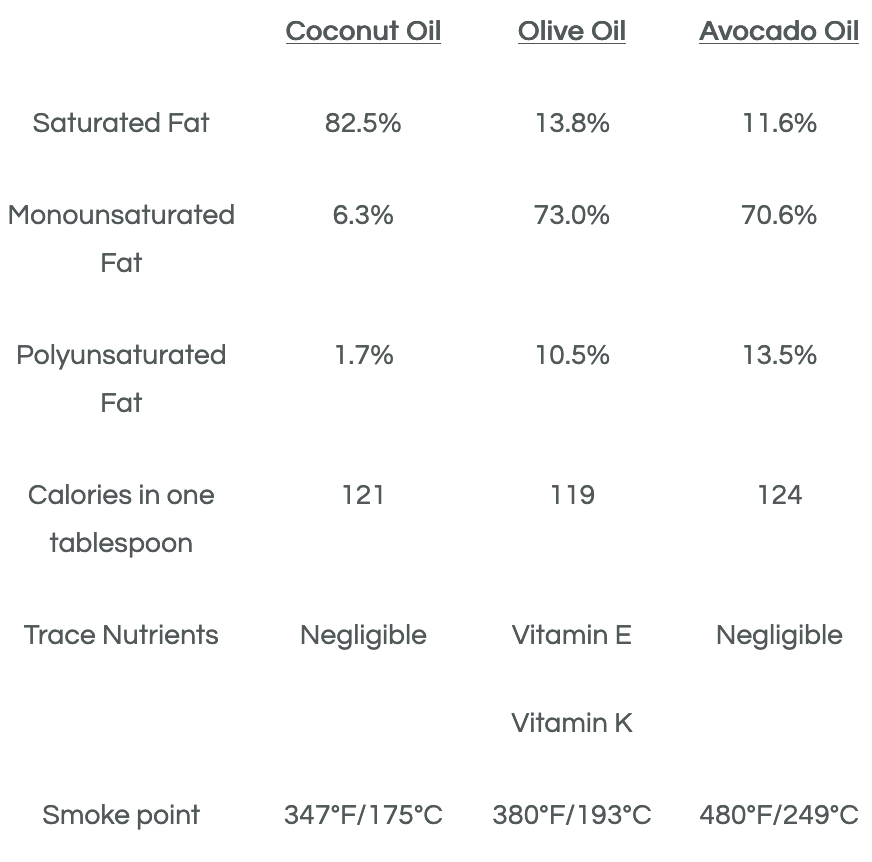
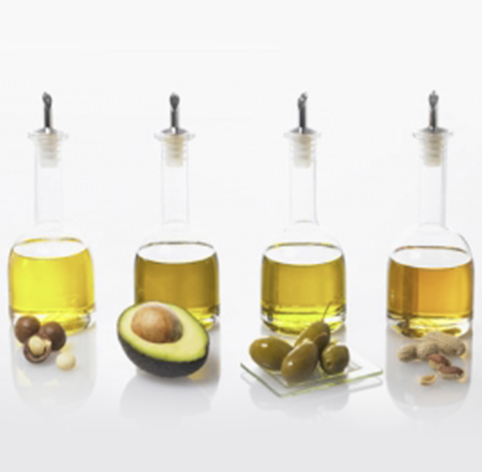

Health Effects of Coconut, Avocado & Olive Oils
The composition of the fats in each type of oil conveys certain health effects when eaten raw.
Coconut oil has a higher saturated fat content than other plant-based oils. It tends to raise blood cholesterol levels, including low-density-lipoprotein (LDL) or “bad” cholesterol. This poses a potential risk for cardiovascular disease.4 Therefore, coconut oil should be consumed sparingly. However, coconut oil can also raise levels of high-density-lipoprotein (HDL) or “good” cholesterol more than other types of oils.5
No oils seem to affect weight, blood pressure, or blood triglyceride levels when consumed in a standard diet more than the others.5

Avocado Oil has a Higher Smoke Point which is Healthier for Frying
When organic compounds are heated quickly in the presence of oxygen, such as when they are fried, they can become oxidized and break down into different molecules. Some of these can be hazardous to your health. These include volatile aldehydes, ketones, alcohols, and acids. “Volatile” here means that these molecules can easily evaporate into oil fumes, where they can be breathed into your lungs.2
Aldehydes, in particular, can pose a risk when they are breathed or eaten. They are genotoxic, meaning that they can damage DNA. Damaged DNA contributes to faster aging and can cause cancer. Therefore, a vegetable oil that produces fewer of these volatile aldehydes will be better for your long-term health.2
The smoke point of an oil is the temperature at which it starts to burn and produce vapors. The higher the smoke point, the more you can heat an oil before it starts to break down into unhealthy compounds. With a smoke point one hundred degrees higher than the others (at 480°F or 249°C), avocado oil is the best choice for cooking.2,3

Dieting with Oils
The best oil to use when you are dieting depends on which specific diet you are on. If you are simply counting calories, olive oil is your best bet because of its lower caloric value and saturated fat content. Vitamins E and K in olive oil also give it a higher nutrient-to-calorie ratio.1
If you are on a ketogenic or “keto” diet, however, your body uses fat differently than on a normal diet. In this case, your body burns fat for energy rather than sugar. A category of fats called medium chain triglycerides (MCTs) are metabolized faster than other types of fats. Oils with MCT content will help you enter ketosis and lose weight more easily.6 Coconut oil has the highest MCT content of plant-derived oils.7

Best Oils for Skin Health
Plant oils are good natural products to use on your skin, either on their own, as carriers for essential oils, or as ingredients in hair care and cosmetic products. They can form a water-resistant barrier on your skin, keeping in moisture. Fat-soluble vitamins are also more easily absorbed when mixed with the liquid lipids of these oils.8
Both olive oil and coconut oil have been found to have antioxidant and anti-inflammatory properties when applied to skin. These properties can slow skin aging and reduce the risk of skin cancer. Avocado oil has not been as widely-studied for skin health, but initial research suggests that it boosts wound-healing with possible anti-inflammatory and antioxidant effects as well. Coconut oil has the additional benefit of providing anti-viral and anti-fungal protection.9
Plant oils are good natural products to use on your skin, either on their own, as carriers for essential oils, or as ingredients in hair care and cosmetic products. They can form a water-resistant barrier on your skin, keeping in moisture. Fat-soluble vitamins are also more easily absorbed when mixed with the liquid lipids of these oils.8
Summary
Overall each type of oil has their own benefits that are best used in specific situations. Avocado Oil is works best for frying foods at high temperature since it has a naturally higher smoke point compared to the other oils. Coconut Oil is high in MCT (medium chain triglycerides) and has a higher saturated fat content that is best used added to coffee & other foods during a keto diet to help stay in ketosis. Olive oils works best as a carrier oil for skincare and hair care with antioxidant and anti-inflammatory properties. Coconut Oil also has those same antioxidant and anti-inflammatory properties along with anti-viral and anti-fungal protection.
FAQ
Does coconut oil cause skin acne?
For people with oily skin, coconut oil may clog pores since it’s considered by many dermatologists as highly comedogenic. Olive Oil is moderately comedogenic & only a mild irritant so is considered by many to be more gentle. However, it’s advised for anyone with acne-prone skin to generally stay away from coconut oil, olive oil and avocado oil usage on the face for skincare.
References
[1] USDA. “USDA Food Composition Databases.” United States Department of Agriculture, Agricultural Research Service. https://ndb.nal.usda.gov/ndb/search/list
[2] Katragadda HR, Fullana A, Sidhu S, Carbonell-Barrachina AA. 2010. “Emissions of volatile aldehydes from heated cooking oils.” Food Chem. May 1; 120(1):59-65. https://www.sciencedirect.com/science/article/pii/S0308814609011303?via%3Dihub
[3] Wong M, Requejo-Jackman, Woolf A. 2010. “What is unrefined, extra virgin cold-pressed avocado oil?” INFORM Magazine, American Oil Chemists’ Society. April 2010. https://www.aocs.org/stay-informed/inform-magazine/featured-articles/what-is-unrefined-extra-virgin-cold-pressed-avocado-oil-april-2010
[4] Eyres L, Eyres MF, Chrisholm A, Brown RC. 2016. “Coconut oil consumption and cardiovascular risk factors in humans.” Nutr Rev. Apr; 74(4):267-280. https://www.ncbi.nlm.nih.gov/pubmed/26946252
[5] Khaw KT, Sharp SJ, Finikarides L, Afal I, Lentjes M, Luben R, Forouhi NG. 2018. “Randomised trial of coconut oil, olive oil or butter on blood lipids and other cardiovascular risk factors in healthy men and women.” BMJ Open. Mar 6; 8(3):e020167. https://www.ncbi.nlm.nih.gov/pubmed/29511019
[6] Liu YM, Wang HS. 2013. “Medium-chain triglyceride ketogenic diet, effective treatment for drug-resistant epilepsy and a comparison with other ketogenic diets.” Biomed J. Jan-Feb; 36(1):9-15. https://www.ncbi.nlm.nih.gov/pubmed/23515148
[7] Kinsella R, Maher T, Clegg ME. 2017. “Coconut oil has less satiating properties than medium-chain triglyceride oil.” Physiol Behav. Oct 1; 179:422-426. https://www.ncbi.nlm.nih.gov/pubmed/28689741
[8] Vilijoen JM, Cowley A, du Preez J, Gerber M, du Plessis J. 2015. “Penetration enhancing effects of selected natural oils utilized in topical dosage forms.” Drug Dev Ind Pharm. 41(12):2045-2054. https://www.ncbi.nlm.nih.gov/pubmed/26161938
-
Olive Oil Omega-3
By Dr. AlishaAugust 14, 2022 -
Coconut Oil in Coffee
By Dr. KarenDecember 21, 2021 -
Avocado Oil Benefits
By Dr. KarenDecember 17, 2021 -
Coconut Oil Hair Mask
December 29, 2021 -
Coconut Oil for Hair Growth- Its a Myth
By Dr. KarenDecember 28, 2021 -
Olive Oil for Hair
By Dr. KarenAugust 14, 2022
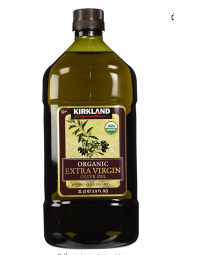
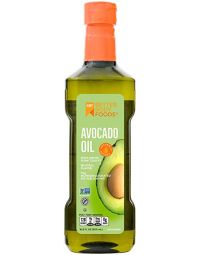
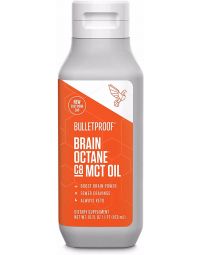
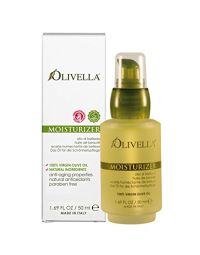
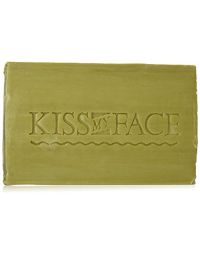
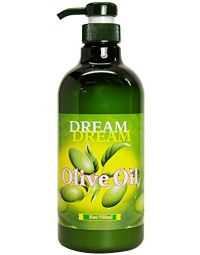
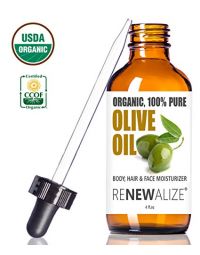
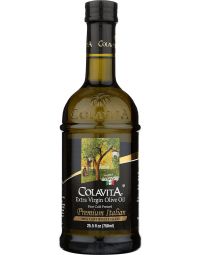
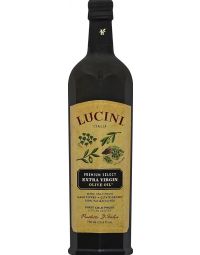
Search the blog
Article Categories
- All Articles (95)
- Rating Charts (1)
- Beauty & Skincare (17)
- FAQ (0)
- Hair Care (9)
- Health & Wellness (12)
- Anti-Aging (4)
- Kid's Health (0)
- Makeup (2)
- Men's Health (2)
- Oral Care (3)
- Sunscreen (7)
- Skin Tools & Treatments (10)
- Supplements (26)
- Videos (0)

